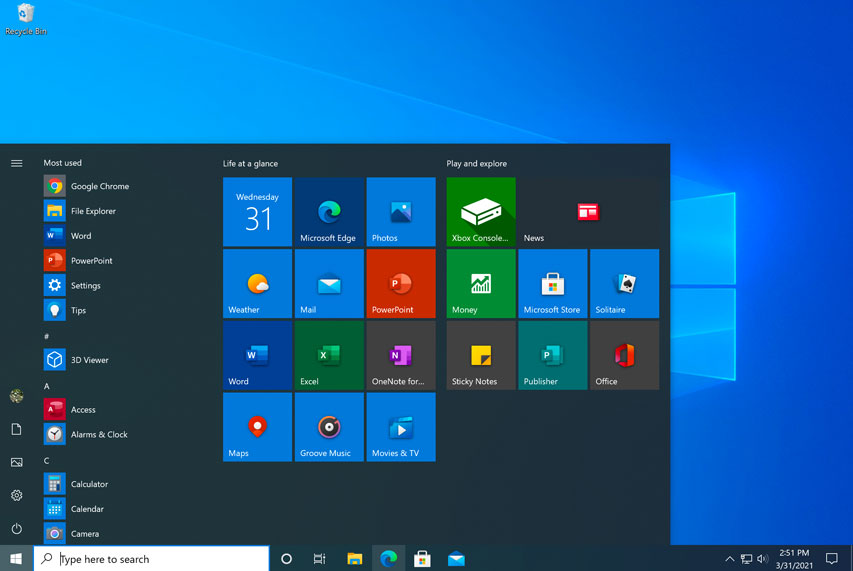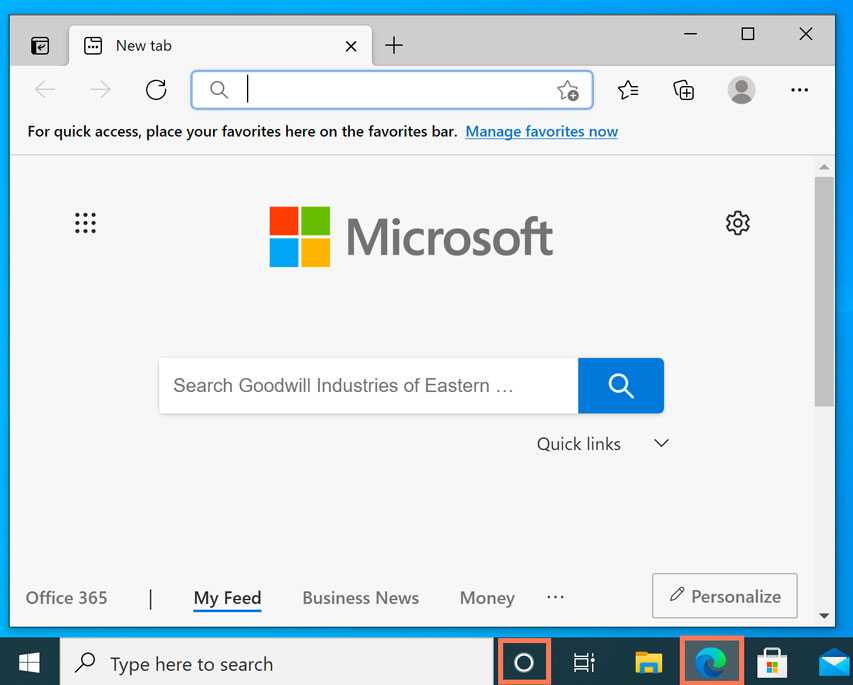

/en/windowsbasics/how-to-survive-the-end-of-windows-xp-support/content/
Windows 10 is the most recent version of the Windows operating system for PCs. Although it has mostly been well-received, Microsoft did attract some controversy in 2016 due to its push to upgrade users from earlier versions of Windows. Many users complained that it was difficult to opt out of the upgrade, and in some cases their computers were upgraded without their knowledge. Despite this controversy, we do still recommend that you upgrade your computer to Windows 10.

If you're happy with your current version of Windows, you might be wondering why you should upgrade. After all, Windows updates have historically created a number of problems for PC users, especially with the release of Windows 8. While Windows 10 is not without some issues, it's probably the most stable and secure version of Windows that's ever been released. It also includes several new features, including Microsoft Edge and Cortana, that can make your computer feel a lot more powerful.

Perhaps most importantly, Windows 10 will also continue to be supported by Microsoft for much longer than Windows 7 or Windows 8. That's why we strongly recommend taking advantage of the free upgrade offer before it expires. As with any major operating system update, we also recommend backing up your files before upgrading.
Review our lesson on Upgrading to Windows 10 to learn more.
/en/windowsbasics/more-resources/content/